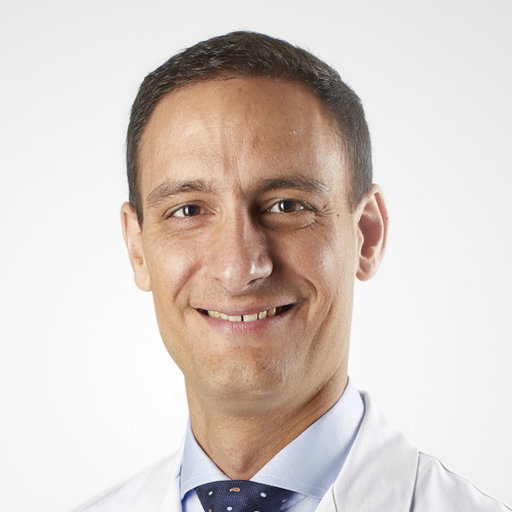Health Literacy: Minimal Keratoconus Knowledge

Contact Lenses after Corneal Transplant
April 3, 2024November 2023 Update Newsletter
April 22, 2024Originally published in NKCF Update (February 2024)
A few years ago, Update presented results of research conducted in Switzerland in 2019-2020. 167 patients with keratoconus were invited to participate in a study where they would be asked 6 questions (with 21 correct responses) about their disease.
Cornea surgeons and contact lens specialists developed the survey to assess Minimal Keratoconus Knowledge (MKK), a term created for information about the chronic eye disease that these doctors believed all patients should possess. The subjects included risk factors, symptoms, and possible treatments. Rather than rely on an online or written questionnaire, participants were asked the questions as part of a face-to-face interview and received credit for correct replies.
The results were somewhat disappointing, as no participant scored 100%. The average result was 35.2% and the range of correct answers was from 0% to 76%.
The authors of that study asked whether a similar health knowledge gap existed in other countries. The survey was refined to 5 questions with 18 possible correct answers. 200 patients from four keratoconus-specialized practices volunteered to participate in the new study.
Fifty patients each from private practices in Dublin, Ireland, Baltimore, Maryland, and Newcastle and Liverpool, England were enrolled.
In this new study, patients whose age ranged from 18-72 (mean age = 30.2 years old) and whose disease duration was 0-35 years (average time since diagnosis = 4.9 years) were interviewed about knowledge of their condition and their answers were analyzed.
The new paper just published in BMJ Ophthalmology showed the latest results were no different from the original Swiss study. Overall, the average score was 34.6%, with the highest average MKK in Liverpool (43%) and the lowest in Baltimore (29%).
In this study, age, disease severity, or duration of disease did not impact responses. Patients who scored the highest MKK were those who had a parent with keratoconus. Those with a university degree or who had undergone a surgical procedure for treatment of their keratoconus also scored higher than average.
Dr. Philipp Baenninger MD, a cornea specialist from Zurich, Switzerland is lead author of the paper. Dr. Baenninger noted “shared decision making between patient and eyecare provider is important for quality of care.” He added “a patient should possess a minimum understanding of their disease to fully participate in treatment choices.” Dr. Baenninger expressed concern that doctors may assume their patients possess more knowledge about keratoconus than they actually do.
He concluded “there is an unmet need for better keratoconus awareness and patient education, and an international need for more and better health literacy.” Dr. Baenninger and his co-authors conclude that much of this learning can take place on the internet, on sites moderated by experts, noting that younger patients who lack essential knowledge about their condition are comfortable using a digital platform to acquire information.
Reference: Baenninger PB, Romano V, Figueiredo FC, et al, Difference in minimal disease knowledge of keratoconus patients: results from an international survey, BMJ Open Ophthalmology, e001164. doi:10.1136, 2023.
 Dr. Philipp Baenninger MD is chief physician and head of the eye clinic at the Cantonal Hospital in Lucerne, Switzerland. He is a Fellow of the European Board of Ophthalmology and has been a member of the teaching faculty at the University of Zurich Department of Ophthalmology. Dr. Baenninger has several publications on the surgical treatment of keratoconus, cataract, and other cornea diseases.
Dr. Philipp Baenninger MD is chief physician and head of the eye clinic at the Cantonal Hospital in Lucerne, Switzerland. He is a Fellow of the European Board of Ophthalmology and has been a member of the teaching faculty at the University of Zurich Department of Ophthalmology. Dr. Baenninger has several publications on the surgical treatment of keratoconus, cataract, and other cornea diseases.
How do you learn about KC?
The mission of NKCF is to support patient education and awareness of keratoconus. As the study above shows, many patients suffer from a lack of information about their disease. Take our short, anonymous survey and tell us how to increase MKK (Minimal Keratoconus Knowledge).



